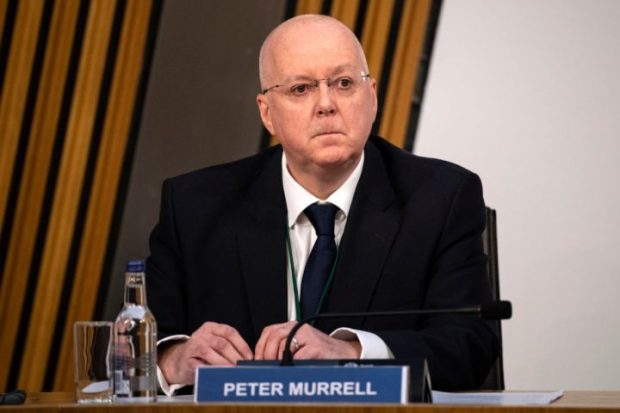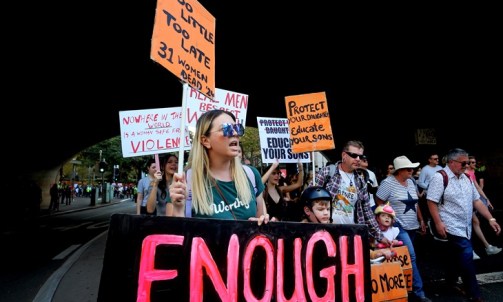When your largest single shareholder decides that enough is enough, that it is no longer prepared to throw good money after bad to prop up your finances, you really do have a problem. And that is exactly what has happened to Credit Suisse this morning.
The Saudi National Bank, which owns a 10 per cent share in the Swiss bank, announced that it is no longer prepared to put up any more capital to prop the bank up. Credit Suisse shares promptly fell by 20 per cent before trading was suspended. Yes, Saudi National Bank has trashed the value of its own holding – but evidently reckoned that that is a better course of action than continuing to throw money at the problem. For a bank, that is the smell of death.
The better regulation we were promised in order to prevent a repeat of the 2008 crisis has not done its job
It is little use pretending otherwise: Jeremy Hunt presents today’s budget against the backdrop of a full-scale global banking crisis. It might not get as bad as 2008/09, but the pretence that the Silicon Valley Bank was a one-off is finished. Tuesday’s strong rebound in the share prices of US banks which had been trashed on Monday is definitely not the last word. Investors are now starting to ask questions about all kinds of banks, with most European banks plunging this morning by up to 10 per cent. US shares are down around 2 per cent in pre-market trading.
The problem for banks is that, more so than any other kind of business, they run on confidence. Everyone knows that if depositors decide they all want their money out at once, they are finished. They survive only because that does not generally happen. In this, the £85,000 government guarantee on all deposits is an important part of their survival mechanism. For the vast majority of ordinary investors, the failure of their bank would not be a major problem – it would cause havoc in the short term, but their money will be funded within weeks. The government, needless to say, could ultimately print the required funds should the economy suffer multiple banking failures at once.
The trouble is, though, as we found out with Northern Rock in 2007, there are large numbers of private depositors – let alone businesses – who have rather more than £85,000 on deposit. For them, the prospect of a banking failure really is an issue. As the then-Governor of the Bank of England, Mervyn King, admitted to MPs shortly after the Northern Rock crisis, the customers queuing up to withdraw their money were not guilty of blind panic: they were behaving perfectly rationally. King said, however, he would have liked to keep the government’s bailout of Northern Rock – which provoked the run on the institution – a secret.
That, surely, would only have made things worse. One of the biggest problems we have now is that throughout the end of 2007 and the first eight months of 2008 so many political leaders and big cheeses in the financial world insisted that Northern Rock, followed by Bear Stearns, were just one-offs: bigger banks were better capitalised and would not fail. That turned out to be very wide of the mark. So who is going to believe similar assurances now?
One thing in the banking sector’s favour now is that, compared with 2007, much more banking is done online. Even if depositors do fret, we are not going to witness so many lines of people queueing up with the passbooks. Many bank branches which existed in 2007 no longer existed. That should make for a little more stability, given that a bank run will now be less visible.
But it is clear that the better regulation we were promised in order to prevent a repeat of the 2008 crisis has not done its job. In the case of Credit Suisse, the bank has admitted to ‘material weaknesses’ in the reporting of its financial position. The truth is, the promises of ‘never again’ rapidly evaporated after 2009. The good intentions of regulators and finance ministers were watered down by demand from the banking sector. We are now paying the price.
Got something to add? Join the discussion and comment below.
Get 10 issues for just $10
Subscribe to The Spectator Australia today for the next 10 magazine issues, plus full online access, for just $10.





















Comments
Don't miss out
Join the conversation with other Spectator Australia readers. Subscribe to leave a comment.
SUBSCRIBEAlready a subscriber? Log in